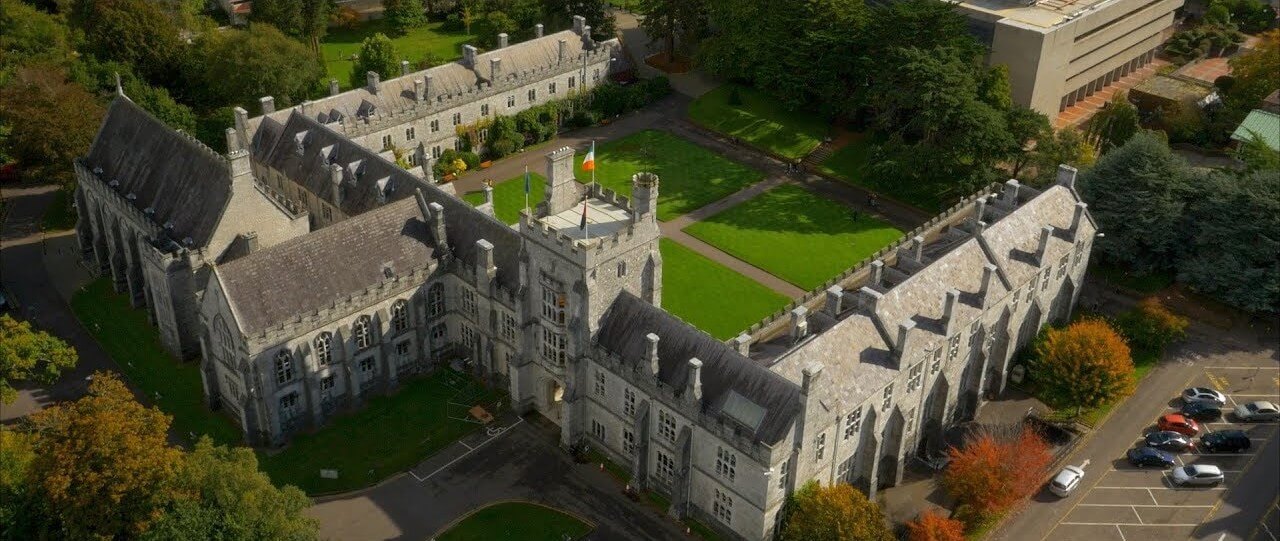Year 1 Modules:
EC1106 Introductory Microeconomics (5 credits)
EC1116 Introductory Macroeconomics (5 credits)
EC1131 Economic Decision Making (5 credits)
Year 2 Modules:
Students decide how many credits of economics they wish to study. Students can study 10 credits, 20 credits, 30 credits, 40 credits or 50 credits of economics. Once the students select the number of credits the module they will study is specified. The most popular choice is 30 credits. This allows students to combine economics with another subject from the wonderful array of subjects available.
Economics becomes more quantitative in second year with greater use of mathematics, statistics and diagrams.
Core
Microeconomics: Behaviour and Organisations; Microeconomics: Organisations and Institutions; Macroeconomics: Growth and Development; Macroeconomics: Business Cycles
Electives
Economic Data and Skills for Data Collection; Skills for Interpretation of Economic Data; Introduction to Mathematical Economic Analysis; Introduction to Statistical Economic Analysis; Reasoning and Critical Thinking in Economics; Reflection and Persuasion in Economics
Year 3*/4 Modules:
Students build on and apply, the material from second year. The greater emphasis on application is illustrated by the fact that there is a 5-credit project course in both semester 1 and semester 2. Students are also required to take 5 credits of econometrics in semester 1.
Students are exposed to the application of economics to areas like human resources, financial markets, regional economies, and sport.
Modules:
The Economics of Corporate Strategy; Capital Markets and Asset Valuation; Portfolio Theory and Asset Management; Economics of the Labour Market; Human Resource Economics; Health Economics; Public Expenditure; Public Finance; Growth and Competitiveness; Growth and Innovation; Principles of Insurance; Quantitative Methods: Econometrics; Survey Methods
*BA International students spend third year studying in an approved foreign university in a country of the student's major language or subject. They will return to complete their final year in UCC in Year 4.
See the College Calendar for additional information on the Programme and the Book of Modules for Economics for further details on module content.
Course Practicalities
Expected lecture hours: The number of lecture hours each week depends on the amount of economics studies with two hours for every 10 credits, e.g. six hours of lectures for 30 credits.
You will be supported on your learning journey with a combination of tutor-led clinics and lecturer online learning tutorials.
Expected tutorial & practical hours: Tutorials are provided in first year and for some of the second year modules. Practicals are provided in the statistical modules.
Show less











